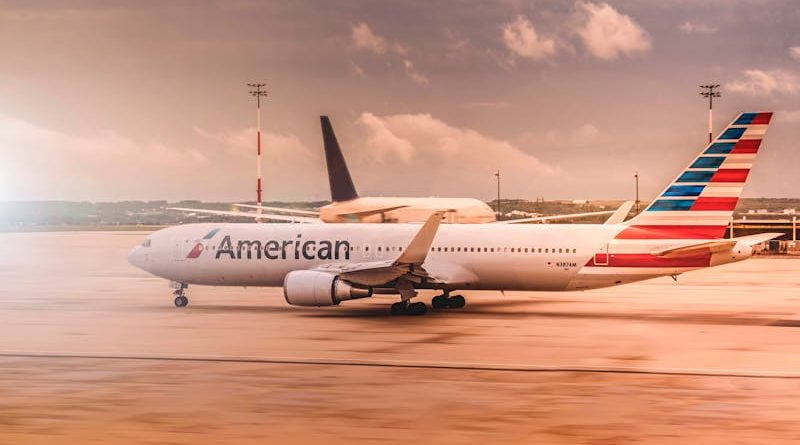John Barnett and the Quest for Accountability in Aviation Safety
The aviation industry, symbolized by technological prowess and a commitment to safety, occasionally faces moments that shake its very foundations. One such moment came to light through the courageous revelations of John Barnett, a former quality manager at Boeing, who blew the whistle on serious safety concerns. This article dives into Barnett’s allegations, their impact on Boeing, and the broader implications for safety and quality assurance in the aviation sector.
The Man Who Dared to Speak
John Barnett, with over three decades of experience in the aviation industry, including a significant tenure at Boeing’s South Carolina facility, took a stand that few dare to. His concerns revolved around the manufacturing processes of the Boeing 787 Dreamliner, a symbol of modern aviation innovation. Barnett’s allegations were not just about minor quality lapses; they pointed to systemic issues that he believed could compromise passenger safety.
Alarming Revelations
Barnett’s primary concern was the alleged practice of ignoring standard safety protocols in favor of meeting production deadlines. Among his most alarming allegations was the claim that oxygen systems, critical for passenger survival in case of cabin depressurization, were being installed improperly. Barnett estimated that as many as 25% of the planes had non-functional emergency oxygen systems.
Additionally, Barnett raised issues about the contamination of the aircraft’s drinking water system, the mishandling of metal shavings left from the manufacturing process, and the pressure placed on inspectors to overlook potential safety issues. These allegations painted a picture of a workplace culture where speed was prioritized over thoroughness and safety.
The Fallout and Response
Barnett’s whistleblowing efforts led to significant scrutiny of Boeing and its manufacturing practices. The FAA, as well as other international aviation safety organizations, were compelled to reevaluate their oversight and certification processes. Boeing faced a public relations crisis, alongside legal and financial repercussions, as they navigated the fallout from Barnett’s revelations.
In response to the allegations, Boeing maintained that safety is their utmost priority, emphasizing their commitment to producing high-quality, safe aircraft. The company also highlighted their rigorous testing and quality assurance processes, designed to identify and rectify any potential safety issues before planes are delivered to customers.
Broader Implications for the Aviation Industry
The whistleblowing case of John Barnett extends beyond Boeing, prompting a sector-wide introspection on safety practices and regulatory oversight. It underscores the vital role of whistleblowers in upholding safety standards and the need for robust channels through which employees can voice concerns without fear of retribution.
Moreover, Barnett’s allegations have sparked discussions about the balance between innovation, production efficiency, and safety. As airlines and manufacturers push the boundaries of what’s technologically possible, Barnett’s story serves as a reminder of the non-negotiable importance of safety and the ethical responsibility of those involved in aviation manufacturing.
A Call for Integrity and Vigilance
John Barnett’s courageous stand against what he perceived as compromised safety practices at Boeing underscores the critical importance of integrity and vigilance in the aviation industry. His story is a potent reminder that safety must always be the paramount concern, transcending commercial pressures and production targets.
As the industry moves forward, embracing innovation and facing new challenges, the lessons from Barnett’s whistleblowing efforts must not be forgotten. They serve as a beacon, guiding the aviation sector towards a future where safety, quality, and integrity are inseparable pillars of every endeavor.
In the wake of Barnett’s revelations, the aviation industry is at a critical juncture where trust and transparency have never been more important. As stakeholders from manufacturers to regulators, airlines, and the flying public grapple with these issues, there’s a growing call for enhanced oversight, stricter adherence to safety protocols, and a culture that not only encourages but mandates the reporting of safety concerns. This period of introspection and reform represents a pivotal opportunity for the industry to reinforce its commitment to safety above all else. By embracing the lessons learned from Barnett’s experience, the aviation sector can aspire to achieve higher standards of safety, ensuring that the marvel of air travel remains one of humanity’s most trusted and safest modes of transportation. The legacy of whistleblowers like John Barnett could very well be a turning point, leading to an era where the aviation industry is defined not just by the technological advancements it achieves, but by the unwavering commitment to safety and transparency that guides its progress.

